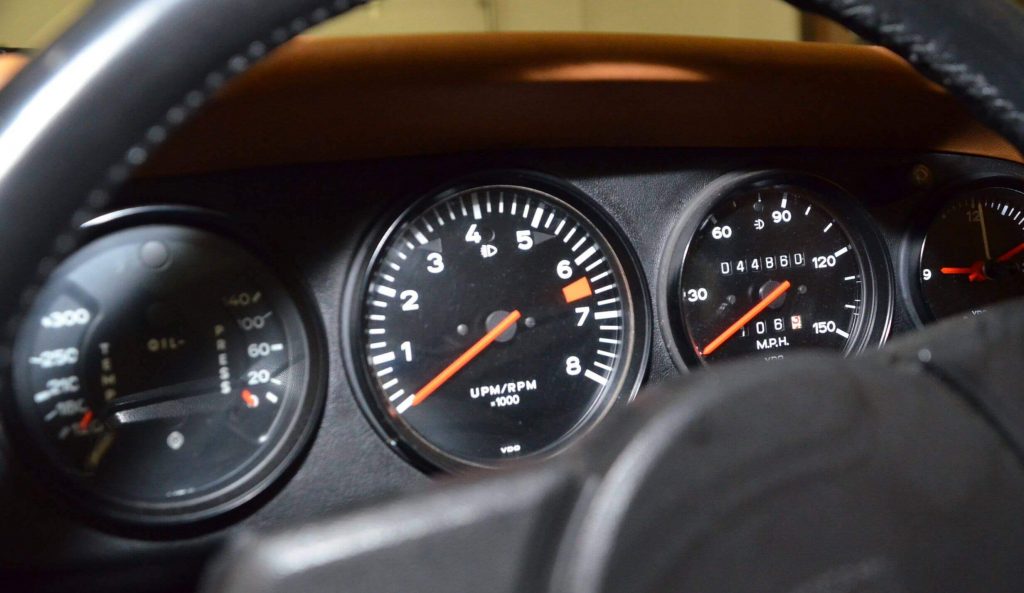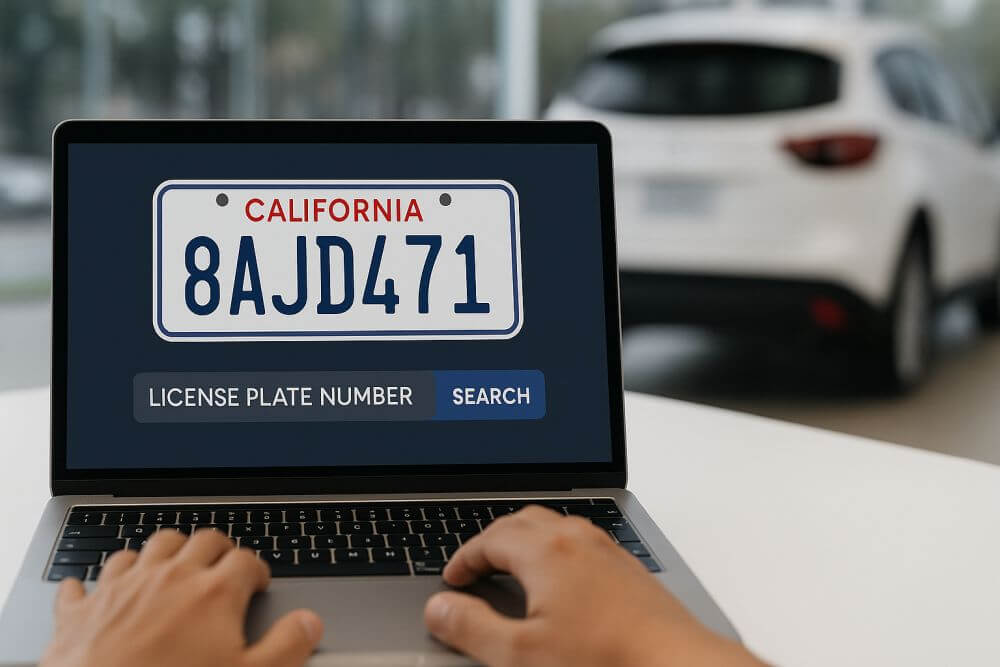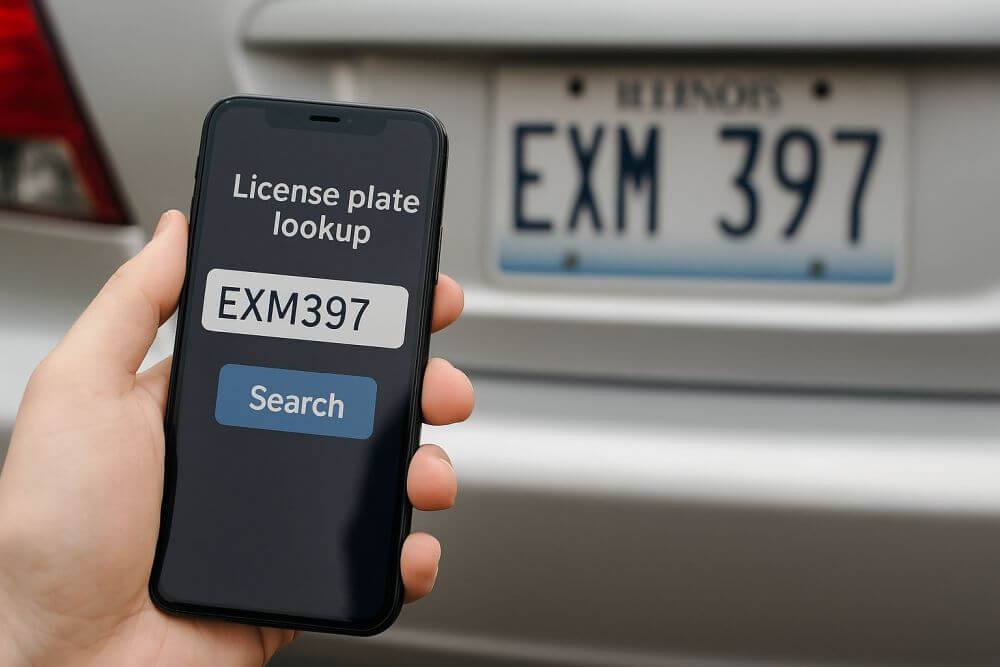Why should you be concerned about odometer fraud? Consider this scenario: You decide to purchase a car you found online through a private dealer that you have never met. With sites like Craig’s List becoming popular this is hardly an unusual scenario for a used car buyer. You meet the owner and take the car for a test drive. It seems to run just fine, is clean, and everything appears to be in good shape. It even has lower miles than you would have thought for a car its age. You pay cash, shake hands, and walk away.

You drive along happily for several months until it happens – something goes wrong. You take the car in to your mechanic and he gives you the bad news – the repairs to the car are going to cost more than you just spent on it. Nonplussed, you take it to a nearby dealership thinking that you can trade it in for a newer model. Now the other shoe drops. As the dealership is looking over your car they discover that the odometer has been tampered with, causing it to show about 50,000 fewer miles on it than it actually has. You now discover that not only do you have an expensive repair that costs more than you paid for the car, but that the car is actually worth significantly less than you thought.
Odometer fraud is very real and can cause significant problems for unsuspecting buyers.
Why Knowing the Mileage Is Important
Knowing the mileage on your car is an important way to not only determine its value but also determine when it might need costly repairs to keep it running smoothly. In the used car world, the lower the mileage on a car, particularly an older model, the more valuable it is considered to be – assuming that the mileage is correct. Keep in mind that if it sounds too good to be true, then there is a very good chance that it is too good to be true.
Most mechanics are going to base routine repairs around the mileage a car has. Most people are familiar with changing their oil every 3,000 miles, but other routine services take it a step further: your mechanic may do things like rotate the tires, check the brakes, replace fluids, check the engine, and similar items at set intervals. Plus, once a car has crossed into the “high mileage” territory – usually around 100,000 miles – it will generally start needing more repairs as the parts wear out from use.
Tips for Identifying Odometer Fraud
A savvy buyer will be able to spot the telltale signs that point to odometer fraud. Some things that you might consider watching out for:
- Check maintenance records to see if the mileage seems to be consistent.
- Check the condition of manual odometers. If the numerical keys seem loose, unevenly spaced, or too freely moving then it could be a sign that the odometer has been tampered with.
- Check the tires. If a car has less than 20,000 miles on it, then it generally will have original tires on it.
- Check the pedals and the clutch to see if the wear on them seems to be consistent with the odometer reading. Ask if you can have a mechanic look the car over for wear and tear and possible needed repairs that could signal that the car has been driven more than is noted.
- Consider the age of the car. On average, the typical driver will drive between 10,000 and 15,000 miles per year. So if the car is 3 years old, then you would expect between 30,000 and 45,000 miles on it. If the mileage seems unusually low given the age of the vehicle, then it bears closer examination.
- Get a vehicle history report. Not only will a free VIN check give you odometer readings, it may also note if there has ever been repairs made to the odometer or previous evidence of odometer tampering.
How a Vehicle History Search Can Help
Finding out the truth behind the odometer reading is often as simple as getting a VIN report. You can easily find free vehicle history searches online or through a dealership. Read everything the report says when you look it over.
For starters, in most states you are required to report the odometer readings whenever a car is bought or sold, unless it meets certain exemptions. If you notice something unusual in those numbers – like the car going for an extended period of time with little to no mileage being put on it or a more recent title transfer with a lower odometer reading than a previous one – then you might suspect odometer tampering.
Be aware of what the terms on the free vehicle history report mean. Actual mileage is exactly what it sounds like – the actual miles that the car has been driven. If it is noted as not actual mileage then that is a sign that the odometer is broken, has been replaced or repaired, or is unknown. The phrase “exceeds mileage limits” applies to older vehicles with a manual odometer. After a certain point the odometer will roll over to zero. Newer cars with electrical odometers do not have this problem, though they can still be tampered with to change the reading.
Look for any notices of odometer adjustment. Not only should this be noted in the vehicle history search, but it should also be noted on the title and on the car. The repair shop is required to sticker a car that has had the odometer changed for any reason.
Don’t lose out because you bought a car with fudged mileage. A vehicle history report can easily allow you to see the truth behind what the odometer says.


